Premium Only Content
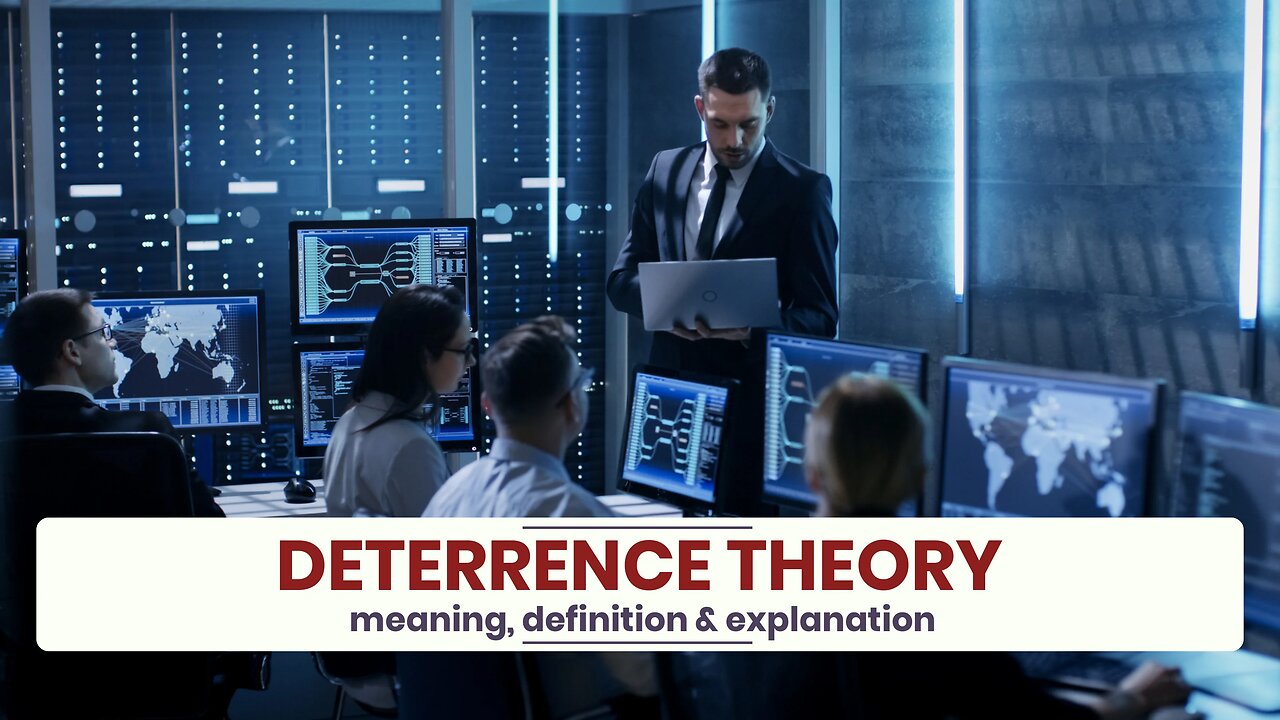
What is DETERRENCE THEORY?
✪✪✪✪✪
http://www.theaudiopedia.com
✪✪✪✪✪
What does DETERRENCE THEORY mean? DETERRENCE THEORY meaning - DETERRENCE THEORY definition - DETERRENCE THEORY explanation. What is the meaning of DETERRENCE THEORY? What is the definition of DETERRENCE THEORY? What does DETERRENCE THEORY stand for? What is DETERRENCE THEORY meaning? What is DETERRENCE THEORY definition?
Deterrence theory gained increased prominence as a military strategy during the Cold War with regard to the use of nuclear weapons. It took on a unique connotation during this time as an inferior nuclear force, by virtue of its extreme destructive power, could deter a more powerful adversary, provided that this force could be protected against destruction by a surprise attack. Deterrence is a strategy intended to dissuade an adversary from taking an action not yet started, or to prevent them from doing something that another state desires. A credible nuclear deterrent, Bernard Brodie wrote in 1959, must be always at the ready, yet never used.
In Thomas Schelling's (1966) classic work on deterrence, the concept that military strategy can no longer be defined as the science of military victory is presented. Instead, it is argued that military strategy was now equally, if not more, the art of coercion, of intimidation and deterrence. Schelling says the capacity to harm another state is now used as a motivating factor for other states to avoid it and influence another state's behavior. To be coercive or deter another state, violence must be anticipated and avoidable by accommodation. It can therefore be summarized that the use of the power to hurt as bargaining power is the foundation of deterrence theory, and is most successful when it is held in reserve.
In 2004 Frank C. Zagare made the case that deterrence theory is logically inconsistent, not empirically accurate and deficient as a theory. In place of classical deterrence, rational choice scholars have argued for perfect deterrence, which assumes that states may vary in their internal characteristics and especially in the credibility of their threats of retaliation.
In a January 2007 article in the Wall Street Journal, veteran cold-war policy makers Henry Kissinger, Bill Perry, George Shultz, and Sam Nunn reversed their previous position and asserted that far from making the world safer, nuclear weapons had become a source of extreme risk. "Senior European statesmen and women" called for further action in 2010 in addressing problems of nuclear weapons proliferation. They said: "Nuclear deterrence is a far less persuasive strategic response to a world of potential regional nuclear arms races and nuclear terrorism than it was to the cold war".
-
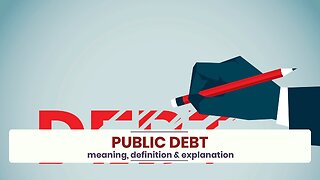 1:41
1:41
The Audiopedia
6 months agoWhat is PUBLIC DEBT?
50 -
 18:29
18:29
Bearing
1 day agoCrazy Democrat Lady Thinks THE DRONES Are Coming For TRUMP & MAGA
11.1K43 -
 53:41
53:41
PMG
1 day ago $2.12 earned"CNN Caught Issuing FAKE Report-Ashley Hayek"
9.05K3 -
 57:22
57:22
barstoolsports
17 hours agoHardest Puzzle Breaks Brains | Surviving Barstool S4 Ep. 8
270K13 -
 9:02:15
9:02:15
Dr Disrespect
21 hours ago🔴LIVE - DR DISRESPECT - MARVEL RIVALS - RANKED
394K66 -
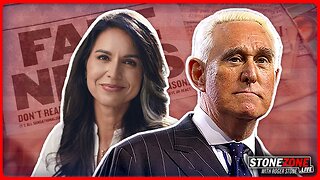 1:00:46
1:00:46
The StoneZONE with Roger Stone
12 hours agoFake News Attack on Tulsi Gabbard! | The StoneZONE w/ Roger Stone
78.2K24 -
 2:24:08
2:24:08
WeAreChange
15 hours agoElon Musk & Donald Trump: The Emergency Halt That Saved Us
100K63 -
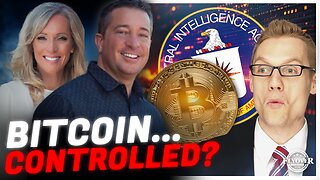 1:13:11
1:13:11
Flyover Conservatives
1 day agoWARNING! Is Bitcoin CIA-Controlled? – The Shocking Reality of Digital Assets - Clay Clark | FOC Show
50K12 -
 2:00:37
2:00:37
Space Ice
18 hours agoSpace Ice & Redeye Try To Figure Out Seagal's Most Incoherent Movie
173K7 -
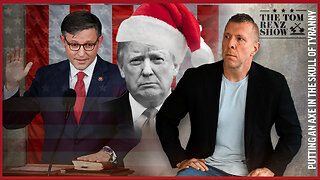 1:00:36
1:00:36
PMG
1 day ago $16.52 earned"Santa Trump is Giving Us Hope - But Will Johnson Stand Strong?"
125K17